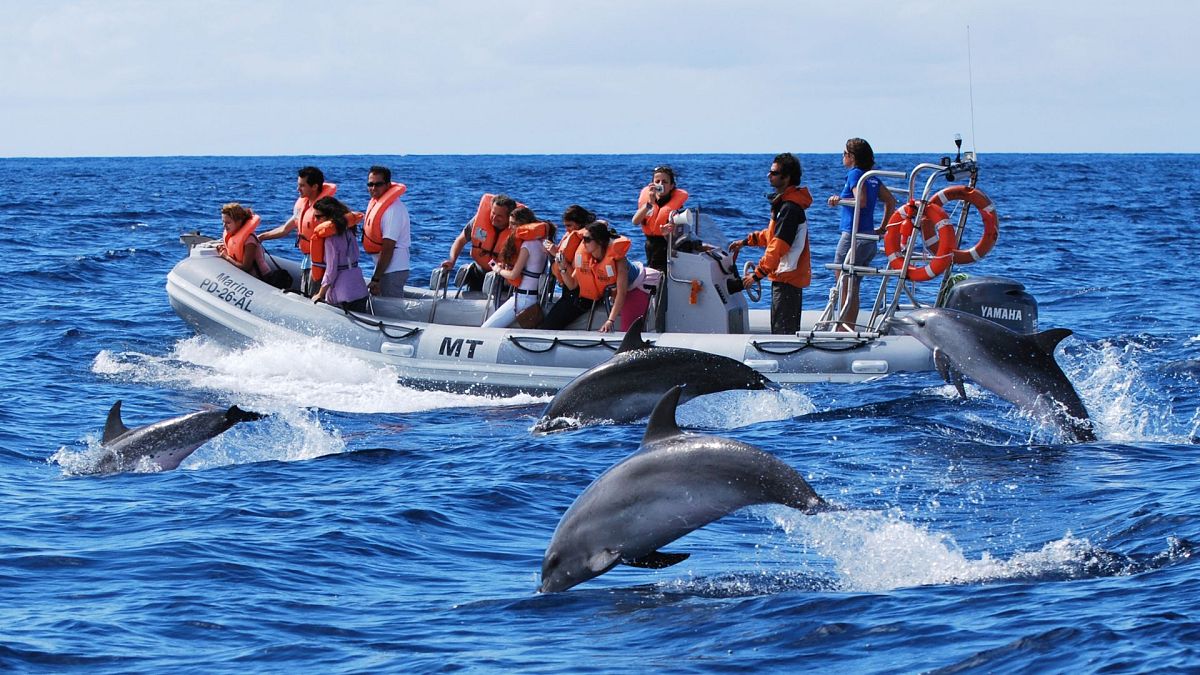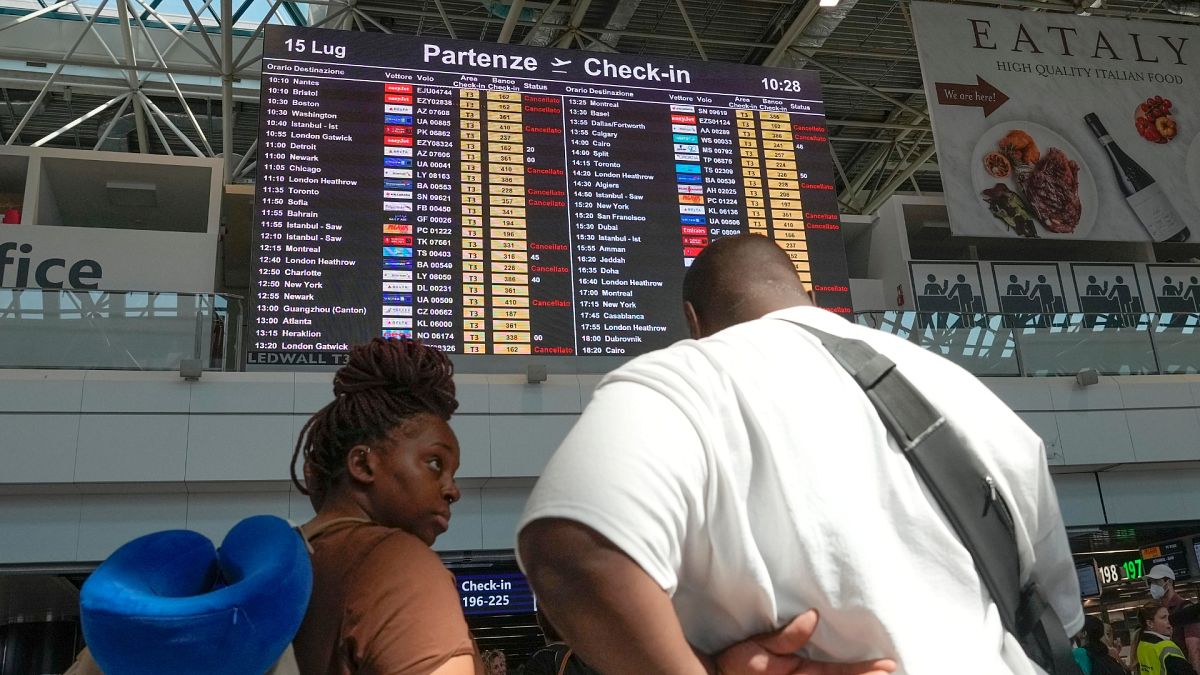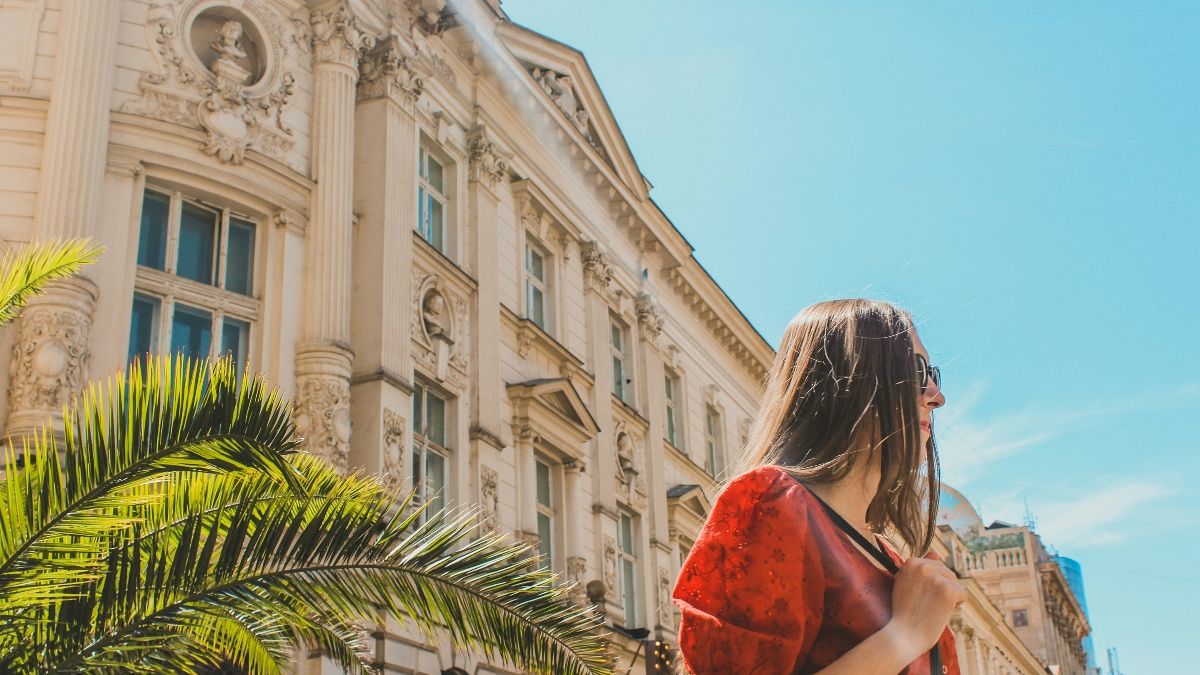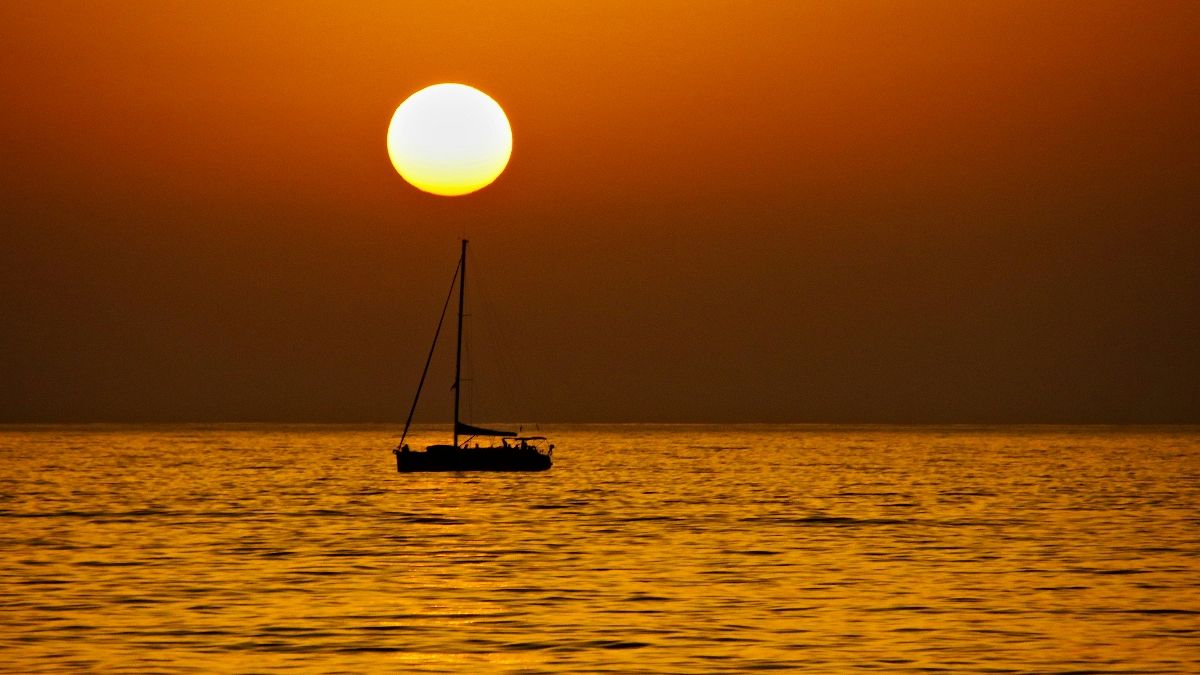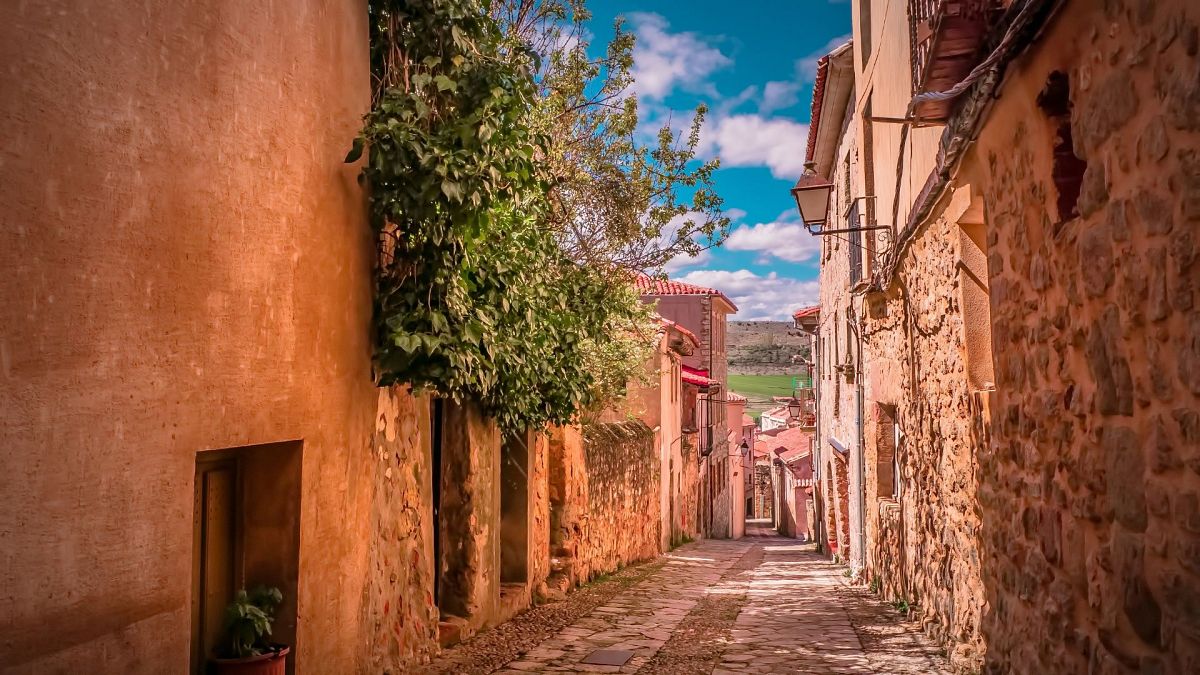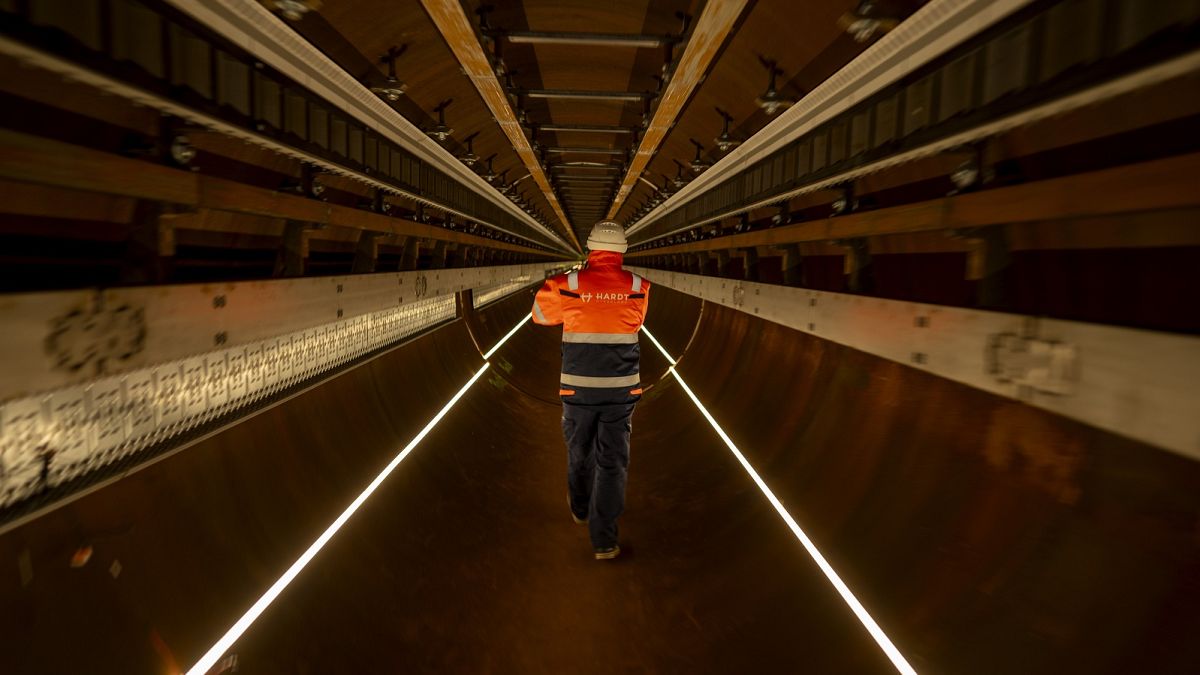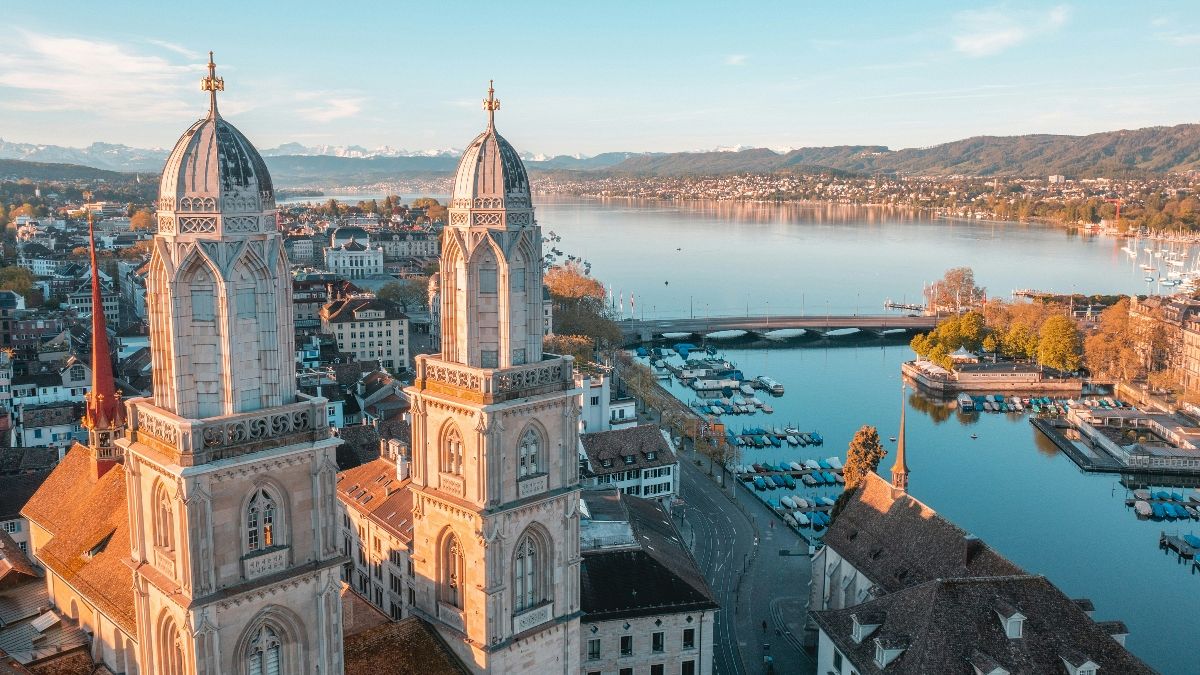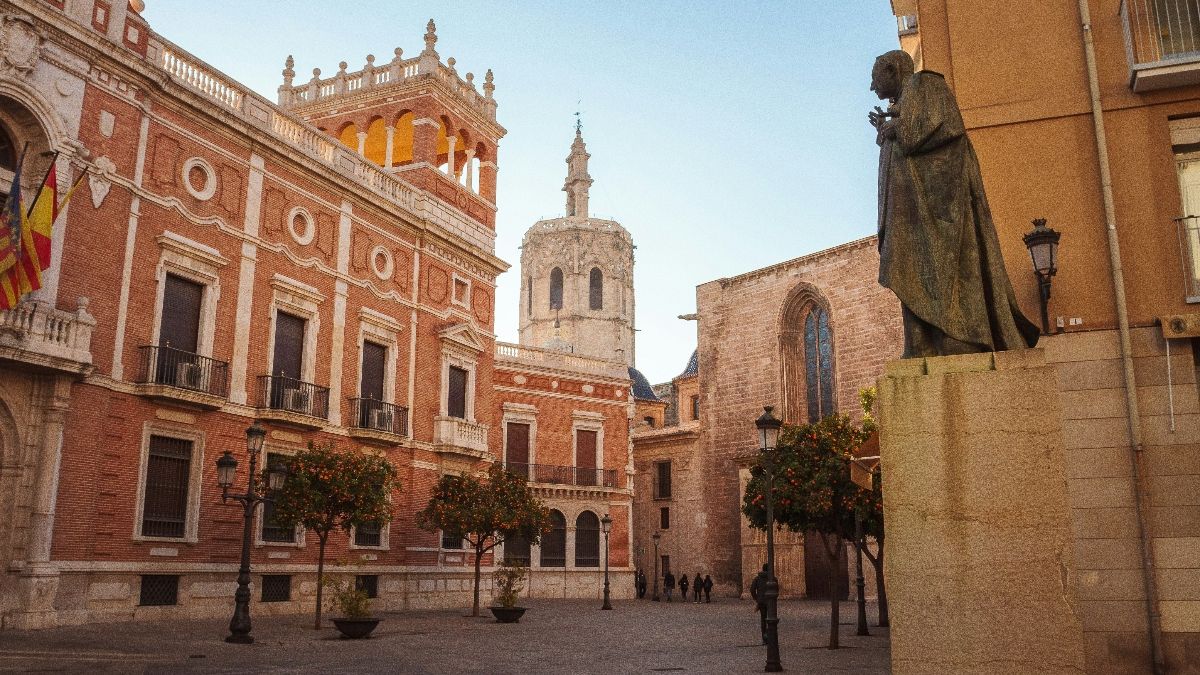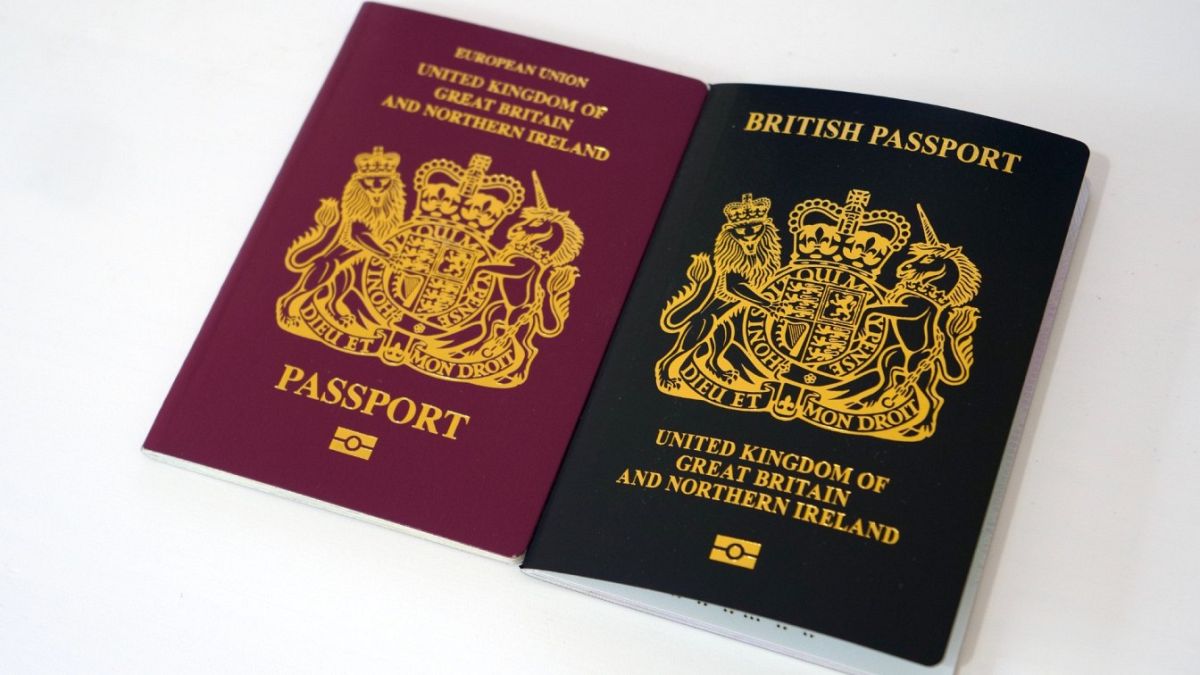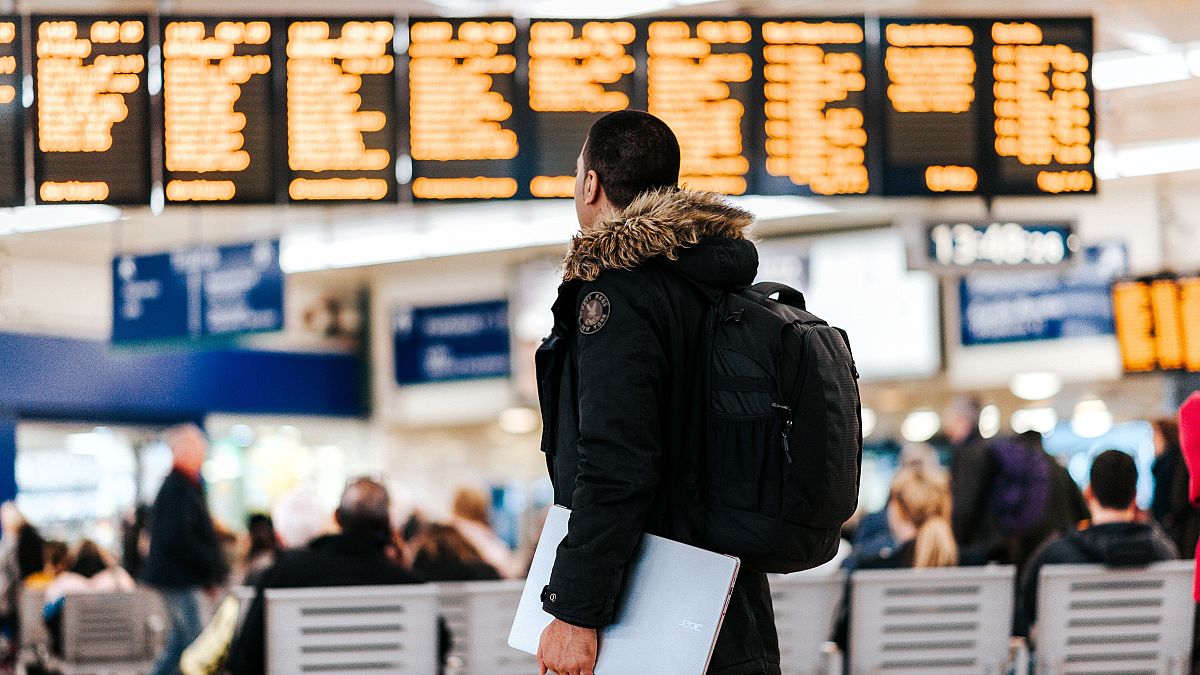Tourism is helping Morocco to recover from its deadly earthquake
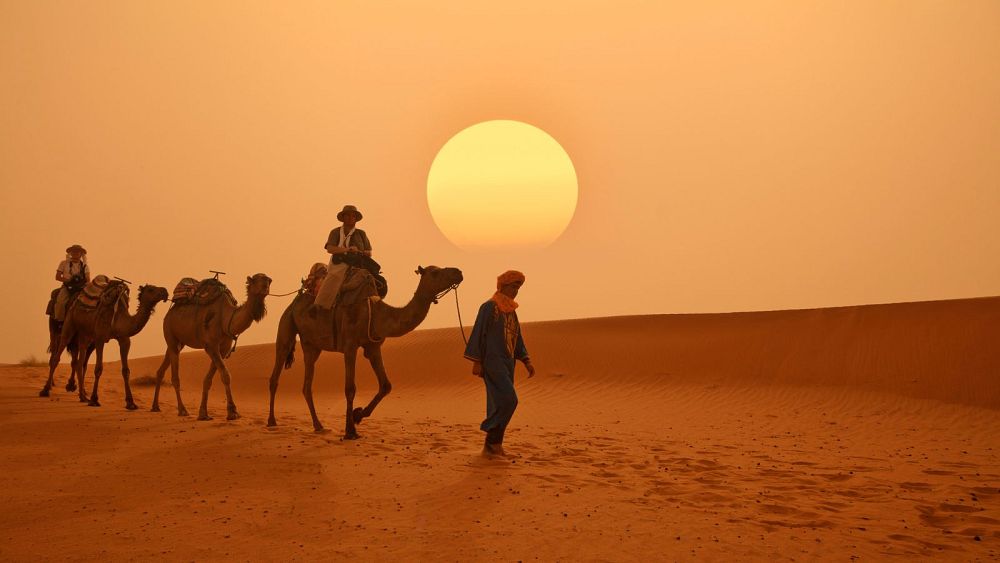
The solidarity received by fellow Moroccans and foreigners got the country through the terrible tragedy that struck hit earlier this year, Morocco’s minister of tourism says.
Despite a devastating earthquake which struck the country in September, Morocco has bounced back from the tragedy. It has continued welcoming tourists to the beautiful city of Marrakech and its other popular destinations.
The 6.8-magnitude earthquake that hit the country on 8 September killed some 3,000 people across the country. Most of the deaths occurred in towns and villages in the High Atlas mountains, though Marrakech was also affected.
In the aftermath of the deadly event, many who had planned a holiday to Morocco didn’t know what to do. They weren’t sure whether to cancel their holiday – out of safety and respect – or go ahead with the plan to support the struggling country.
A wave of solidarity
According to Fatim-Zahra Ammor, Minister of Tourism, Air Transport, Craft & Social Economy, the fact that many still chose to visit Morocco really helped the country.
“What struck us during the earthquake were two things,” Minister Ammor tells Euronews Travel. “Firstly, the solidarity that occurred during the earthquake, whether from Moroccans or sympathetic foreign populations,” she continues.
“We received a lot of sympathy messages, and many individuals or associations from abroad came to help. This solidarity warms the heart in today’s world. It greatly helped the local populations overcome this tragedy.”
The situation in tourist destinations like Marrakech, said Minister Ammor, was not even as bad as it was depicted right after the earthquake.
According to the minister, “the media didn’t provide a truthful image of what was really happening. They showed much more dramatic images in Marrakech than it actually was.”
Minister Ammor says that foreign tourists who were in the city began to speak out on social media, “saying, ‘Look, things are going well in Marrakech. Don’t believe everything you hear. We’re here; everything is fine. Come to Morocco, etc.’”
The minister says that this social media content from tourists helped the country to have a record month in September, something which ultimately helped with recovery.
According to Minister Ammor, the country is still on track to hit its target of 25 million tourists by 2030 and is expecting to finish the year having welcomed a total of 14 million in 2023 alone, as was predicted before the earthquake struck.
What to see in Morocco: tips for beginners and returning visitors
“For someone who knows the traditional circuit of Morocco, who has already been to Marrakech, Fès, or Casablanca, I would say Rabat is a city to discover,” Minister Ammor says.
Rabat, Morocco’s capital, has a lot of cultural richness and aesthetic appeal, she adds. The country is hoping to encourage tourists to visit the city by upgrading facilities and creating more experience packages.
“I would also recommend the South of Morocco with Tafilalt, especially for those interested in winter sports. It’s a magnificent region where the sea and the desert coexist spectacularly,” she says.
For those on their first or second trip to Morocco, who still need to get themselves acquainted with the country, Minister Ammor would recommend starting with Marrakech, “because you can spend an entire week without getting bored,” she says.
The region of Agadir is another option, “especially in the winter because it has 365 days of sunshine,” Minister Ammor says. According to the minister, tourists should spend at least a week in Morocco during their first visit, “because in one week, you can experience very different things, visit old medinas, relax on a beach, and see the desert.”
“I think they can have an extremely diverse experience in a short amount of time, and that’s one of the advantages of the country,” she says.
When is it best to visit?
The majority of tourists visiting Morocco come from Europe and tend to visit when the weather is bad there.
“Today, we are what we call a winter destination,” Minister Ammor says. “They come between October and February; I would say that’s the high season when Europeans visit.”
But Morocco is beautiful all year round, and tourists from other parts of the world – “who are less sensitive to winter climates” tend to travel there throughout the year.
“We are fortunate to have a very temperate climate throughout the year, and there are very few months when I would advise against coming to Morocco,” Minister Ammor adds.
Source: Euro News



